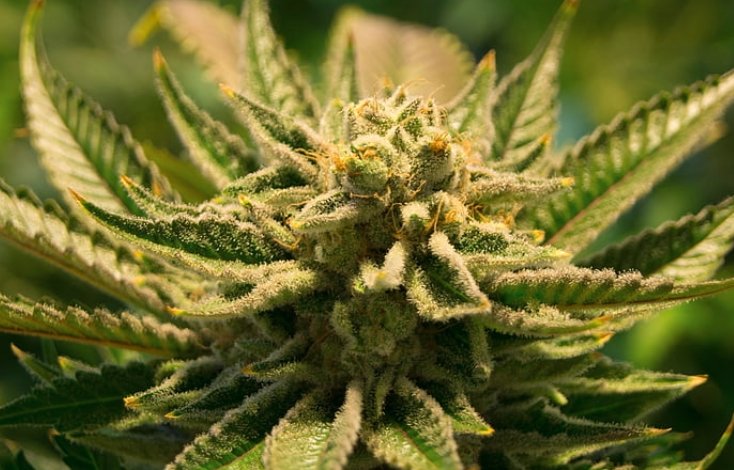The National Association of State Departments of Agriculture (NASDA) has renewed its call for raising the THC limit in hemp from 0.3% to 1.0%. The association believes that this change would benefit hemp farmers and the industry as a whole.
What is the current THC limit in hemp?
Hemp is a type of cannabis plant that has low levels of THC, the psychoactive compound that causes a high. Under the 2018 Farm Bill, hemp was legalized at the federal level in the US, as long as it contains no more than 0.3% THC by dry weight. This limit was based on a study from the 1970s that classified cannabis plants into hemp and marijuana based on their THC content.
However, many hemp advocates and researchers have argued that the 0.3% THC limit is arbitrary and outdated, and that it does not reflect the genetic diversity and potential of the hemp plant. They claim that the limit is too restrictive and poses challenges for hemp farmers, who risk losing their crops if they test above the threshold. They also say that the limit hinders the development of new hemp varieties that could have higher yields, better quality, and more uses.
Why does NASDA support a higher THC limit in hemp?
NASDA is a nonpartisan organization that represents the state agriculture officials in all 50 states and four US territories. NASDA has been a vocal supporter of the hemp industry and has advocated for more favorable policies and regulations for hemp farmers and businesses.
In its 2024 policy priorities, NASDA reiterated its support for increasing the THC limit in hemp to 1.0%. The association stated that this change would “provide producers with additional opportunities in deciding what varieties they grow, as well as provide options for future research and development of cultivars.”

NASDA is not alone in its stance. An estimated 30 hemp industry groups have also expressed their support for raising the THC limit to 1.0%. In addition, some lawmakers have introduced bills in Congress that would amend the 2018 Farm Bill and increase the THC limit in hemp. One of them is Senator Rand Paul of Kentucky, who proposed the Hemp Economic Mobilization Plan Act in 2020 and 2022.
What are the benefits of a higher THC limit in hemp?
According to NASDA and other hemp proponents, a higher THC limit in hemp would have several benefits for the hemp industry and the environment. Some of these benefits are:
- It would reduce the risk of crop failure and financial loss for hemp farmers, who would have more flexibility and security in growing hemp.
- It would allow for more innovation and research in developing new hemp varieties that could have higher CBD content, better fiber and grain quality, and more resistance to pests and diseases.
- It would expand the market potential and demand for hemp products, such as CBD oil, textiles, paper, bioplastics, biofuels, and food.
- It would align the US hemp industry with other countries that have adopted higher THC limits in hemp, such as Australia, Uruguay, Thailand, Ecuador, Mexico, Argentina, and Switzerland.
- It would support the transition to a more sustainable and green economy, as hemp is a renewable and versatile crop that can sequester carbon, improve soil health, and replace fossil fuels and synthetic materials.
What are the challenges and barriers to a higher THC limit in hemp?
Despite the support from NASDA and other hemp stakeholders, a higher THC limit in hemp faces several challenges and barriers to become a reality. Some of these are:
- It would require a legislative change at the federal level, which could take time and face opposition from some lawmakers and interest groups who are concerned about the potential abuse and misuse of hemp and cannabis products.
- It would need to be harmonized with the existing state and tribal laws and regulations that govern hemp production and testing, which could vary widely and create confusion and inconsistency for hemp farmers and businesses.
- It would have to address the public perception and stigma around hemp and cannabis, which could affect the consumer acceptance and demand for hemp products.
- It would have to ensure the safety and quality of hemp products, especially those that are intended for human or animal consumption, and comply with the standards and requirements of the Food and Drug Administration (FDA) and other agencies.
The THC limit in hemp is a contentious and complex issue that affects the hemp industry and its stakeholders. NASDA, as a key farming association, has restated its support for raising the limit to 1.0%, arguing that this would benefit hemp farmers and the industry as a whole. However, the change would also face several challenges and barriers that would need to be overcome. The future of hemp and its THC limit will depend on the political, economic, social, and environmental factors that shape the hemp industry and its regulation.



